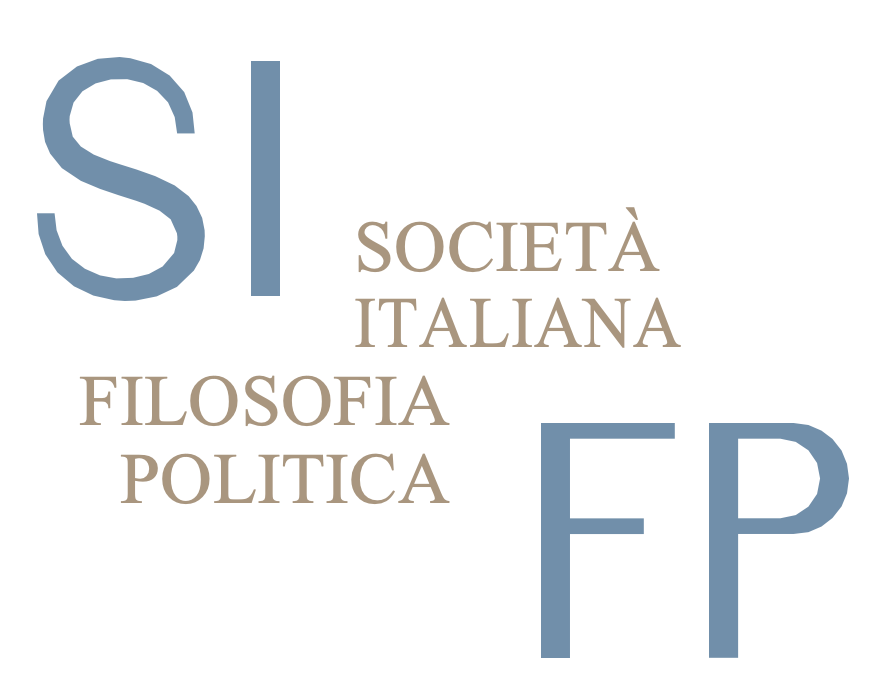Opinione, post-verità e democrazia
DOI:
https://doi.org/10.36253/rifp-1959Keywords:
democracy, the common world, populism, opinion, post-truthAbstract
In a context of freedom and pluralism, democracy thrives on the exchange of opinions. However, every common denominator in all social discourses is lost whenever the idea begins to make its way that opinions can ignore the most elementary data of reality and can be supported by “alternative truths” devoid of any factual confirmation. As Hannah Arendt pointed out, freedom of opinion expires as a mere illusion if objective information is not guaranteed and facts are no longer the basis of opinions. Factual truths make political discussion possible precisely because they remind human beings that there is a limit to discussion that cannot be overcome, one made up of evidence that cannot be disavowed or rejected. Even if the procedures of political persuasion do not lend themselves to any form of cognitive validation, this does not prevent Arendt from recognizing the need for a “truthful” orientation even with respect to what happens in political life.
Downloads
Downloads
Published
How to Cite
Issue
Section
License
Copyright (c) 2023 Edoardo Greblo

This work is licensed under a Creative Commons Attribution 4.0 International License.







